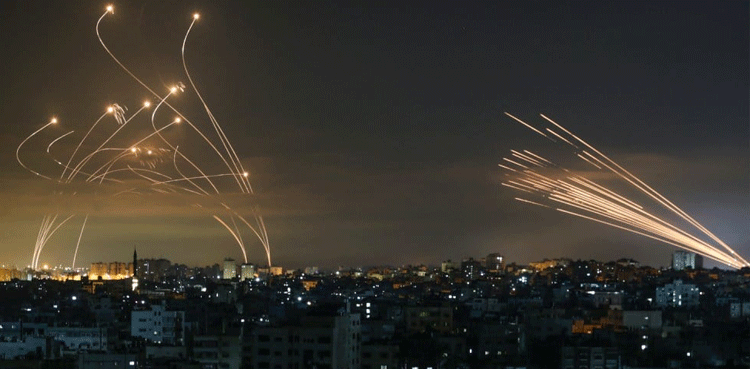
[ad_1]
Hezbollah targeted Israeli soldiers near the Lebanese border village of Labbouneh with artillery shells and rockets on Wednesday, the group said in a statement, a day after Israel said it had killed two successors to Hezbollah’s slain leader.
Sirens sounded in northern Israel on Wednesday, the Israeli military said, adding three Israeli military personnel were severely injured on Tuesday and Wednesday during combat in southern Lebanon.
Israeli Prime Minister Benjamin Netanyahu said on Tuesday Israeli airstrikes had killed two successors to Hezbollah’s slain leader.
Netanyahu spoke in a video released by his office hours after the deputy leader of Hezbollah, which is reeling after a spate of killings of senior commanders in Israeli airstrikes, left the door open to a negotiated ceasefire.
“We’ve degraded Hezbollah’s capabilities. We took out thousands of terrorists, including (Hassan) Nasrallah himself and Nasrallah’s replacement, and the replacement of the replacement,” Netanyahu said, without naming the latter two.
Israeli Defence Minister Yoav Gallant said Hashem Safieddine, the man expected to succeed Nasrallah, had probably been “eliminated”. It was not immediately clear whom Netanyahu meant by the “replacement of the replacement”.
Later, Israeli military spokesman Daniel Hagari said Israel knew Safieddine was in Hezbollah’s intelligence headquarters when fighter jets bombed it last week and Safieddine’s status was “being checked and when we know, we will inform the public.”
Read more: Hamas will rise ‘like a phoenix’ from the ashes: Khaled Meshaal
Safieddine has not been heard from publicly since that airstrike, part of an escalating Israeli offensive after a year of border clashes with Hezbollah.
“Today, Hezbollah is weaker than it has been for many, many years,” Netanyahu said.
Israel’s military said on Tuesday that heavy air strikes against underground Hezbollah installations in southern Lebanon over the prior 24 hours killed at least 50 fighters including six sector commanders and regional officials.
The heightened regional tensions kindled a year ago by Palestinian armed group Hamas’ attack from Gaza on southern Israel have escalated in recent weeks to engulf Lebanon.
On Oct. 1, Iran, sponsor of both Hezbollah and Hamas, fired missiles at Israel. On Tuesday, Iran warned Israel not to follow through on threats of retaliation.
Its foreign minister said any attack on Iran’s infrastructure would be avenged while a senior Iranian official told Gulf states it would be “unacceptable” and would draw a response if they allowed their airspace to be used against Iran.
[ad_2]
Source link





